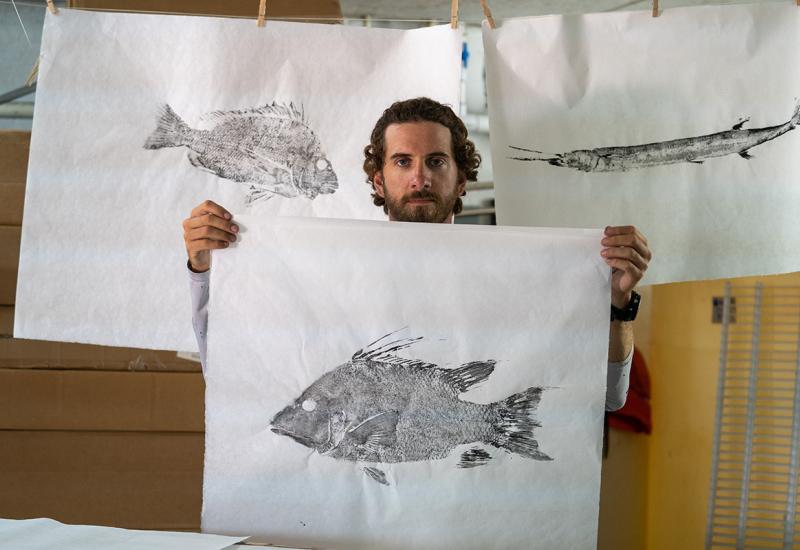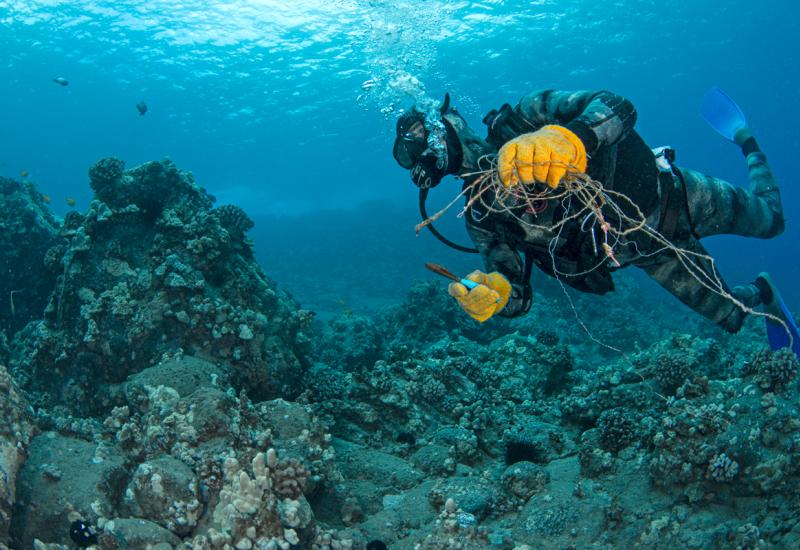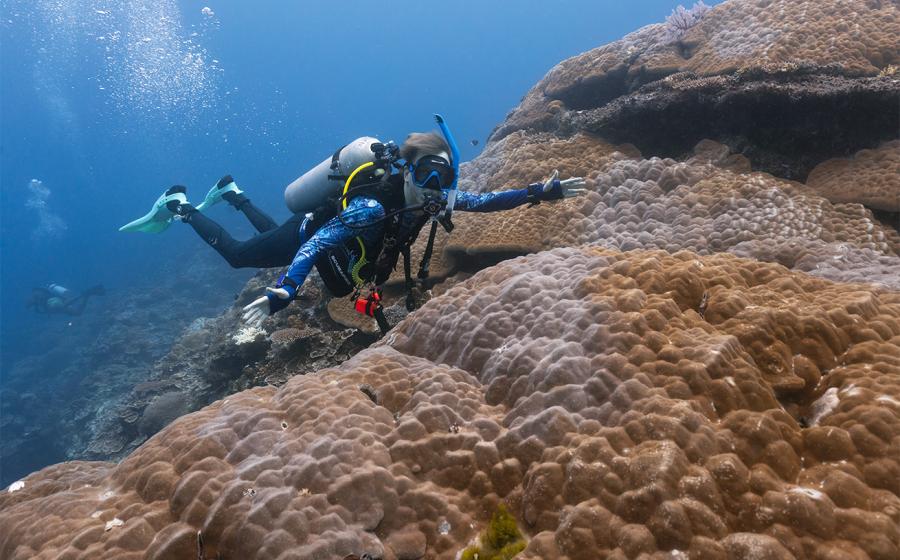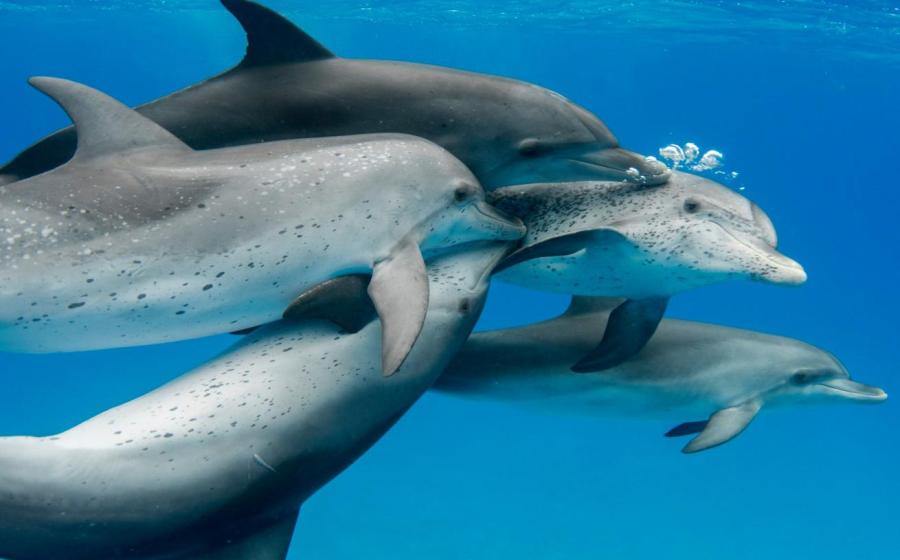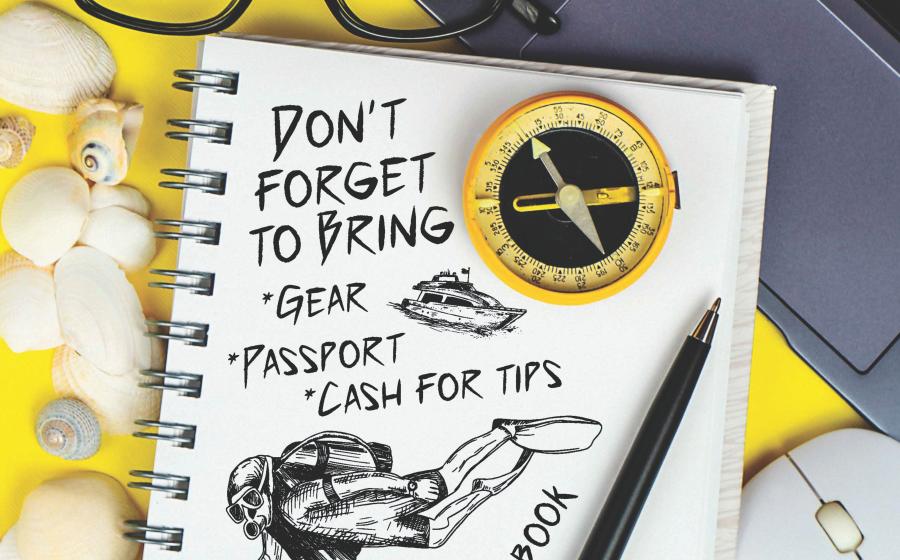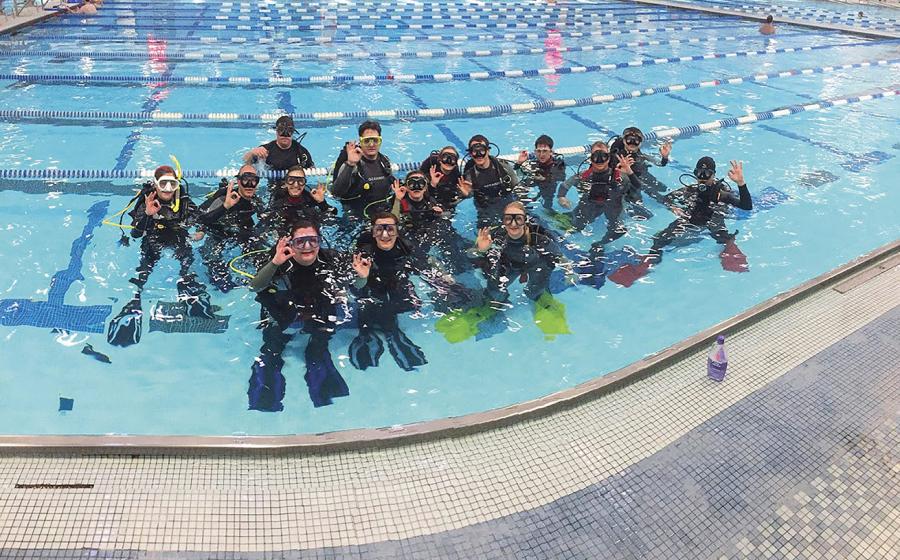Four Ways to Be an Ocean Advocate

Shutterstock.com/ValmediaThe waves can't speak for themselves.
Want to protect the oceans, but don’t know where to start?
The good news is there’s no one way to be an ocean advocate. No matter who you are, there’s a way to contribute to saving our seas. Here are four ways to get started today!
1. Be a Climate Voter
Get informed about where local, state and federal government leaders stand on issues like climate change and ocean conservation, and vote like it matters—because it does. Increasingly, politicians are recognizing their constituents’ concerns for the environment and including it in their policy platforms. Do your part to elect them, then hold them to their promises and demand more.
Seek out online resources, such as the League of Conservation Voters’ environmental score cards, to learn more about your representatives and how they vote on climate and ocean issues. This nonpartisan nonprofit tracks members of Congress and gives each a score card based on how they vote on legislation with environmental implications. Most climate groups will also make candidate endorsements, with fact-based explanations behind their choices.
But don’t stop at your own vote. Talk to friends and family about the importance of being a climate voter. You can also sign the pledge and donate your time or money to the Environmental Voter Project, a unique nonprofit that aims to increase turnout by identifying citizens who already care about environmental issues and motivating them to vote in every single election.
2. Speak Up
Contact your elected officials and lawmakers; let them know you’re a voter who cares about the environment and climate change, and they should do the same.
Many environmental organizations like Ocean Conservancy and the Sierra Club list on their website concrete steps you can take to advocate for the ocean, such as signing petitions or contacting decision-makers about specific causes like protecting marine monuments or endangered species.
And after you’ve spoken up for a worthy cause, don’t forget to use social media to encourage others to take action as well.
3. Donate
Activism comes in many forms; there’s no shame in advocating with your hard-earned dollars. These are by no means the only ocean-friendly orgs—you can read about good work by many in Scuba Diving's Conservation Issue—but these tried-and-true groups have long track records or a special connection to divers.
Oceana Oceana is the largest international advocacy organization focused solely on ocean conservation. Since its founding in 2001, it has helped to protect nearly 4 million square miles of ocean. Its global offices work together on campaigns that achieve measurable outcomes to help make oceans more biodiverse and abundant. Oceana.org
Project Aware Largely supported by PADI, Project Aware has catalyzed the power of the dive community for more than 25 years to shape public policy. The organization works to improve shark and ray conservation globally and tackle marine debris. Due to its work, 32 shark and ray species globally are now subject to trading protections and divers have collected more than 1 million pieces of marine debris from the ocean. ProjectAware.org
Sea of Change Foundation Founded by divers, Sea of Change Foundation funds conservation and research initiatives that directly impact the natural world divers love to explore. Its three conservation focus areas are ocean pollution, coral reefs, and threatened species and habitats. Sea of Change works with industry partners to leverage volunteer hours, with 100 percent of donations going directly to marine education and global conservation. SeaOfChange.com
4. Shape the Future
These programs connect young people to the ocean. Have the youngsters in your life participate to create the future’s conservation heroes.
Youth Diving With a Purpose Sponsored by Diving With a Purpose and the National Park Service, YDWP trains divers from diverse backgrounds between the ages of 16 and 23 as underwater archaeology advocates. Participants in the weeklong residential program are taught basic underwater mapping and observation skills to help preserve historic wrecks in Florida’s Biscayne Bay. DivingWithAPurpose.org
Kids Sea Camp Offering two dozen family dive vacations a year in more than a dozen countries, Kids Sea Camp is responsible for over 7,000 youth certifications over 20 years. KSC offers age-appropriate dive- and ocean-related activities for the whole family, including kids as young as 4, and is special-needs friendly with advance notice. FamilyDivers.com
Marine Conservation Diving:

